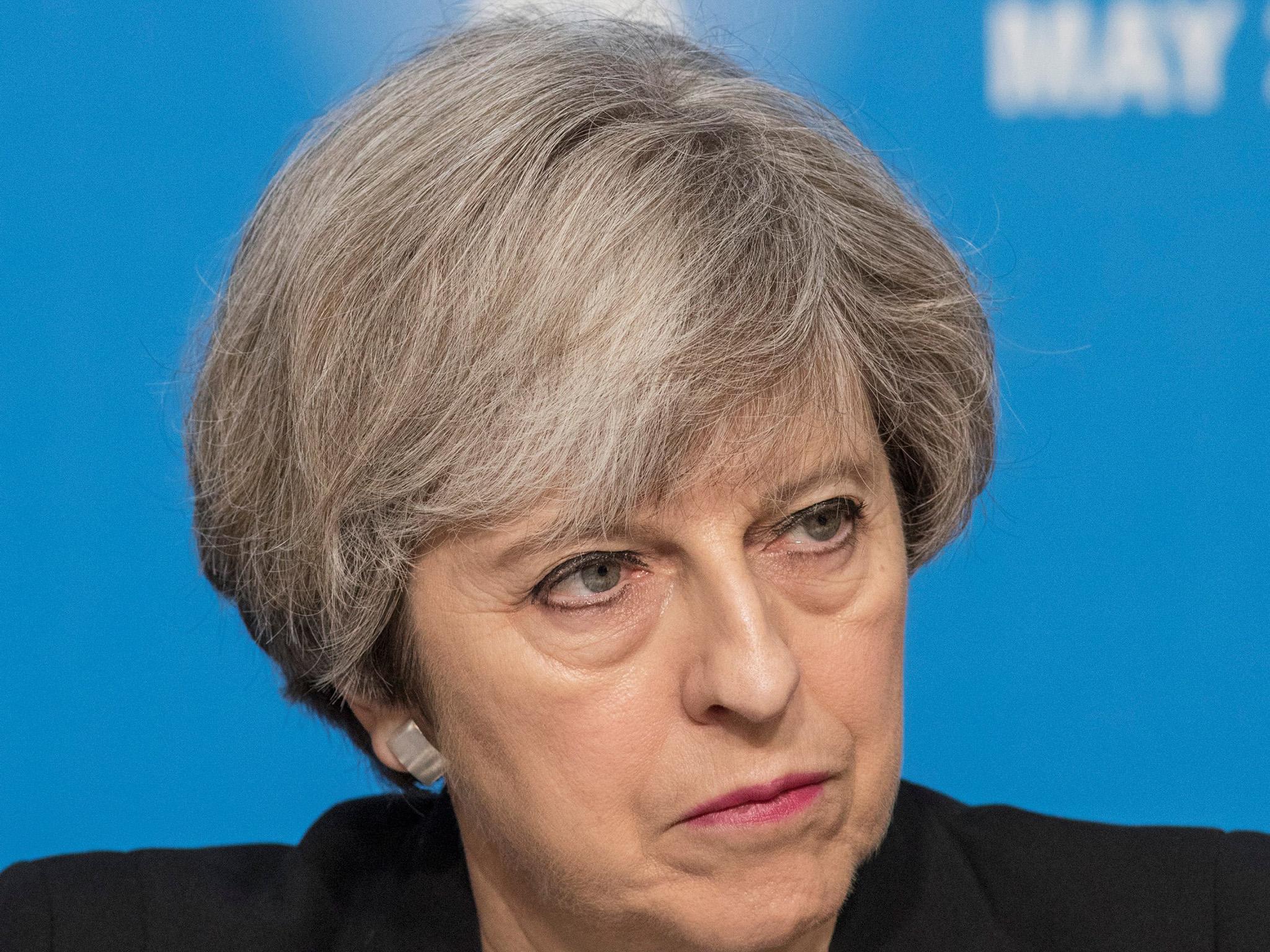Theresa May’s Brexit trade deals are going to give away your rights to investors
It would be tragically ironic if, in voting for Brexit, we 'took back control' only to immediately give it away to international investors

The repeal of the Human Rights Act is almost certain to be promised in next week’s Conservative manifesto, as it was in 2010 and 2015. Theresa May has long opposed the HRA, last year advocating pulling out of the European Convention on Human Rights as an alternative to Brexit.
Yet, even with the expected Conservative majority after 9 June, a repeal bill is unlikely to even make it to a vote in the Commons, not that this matters - after Brexit, Theresa May can effectively relegate human rights to second-class laws, without ever having to win a vote in Parliament. Post-Brexit trade agreements can, in effect, subject human rights to the interests of international investors.
“Second Generation” trade agreements have transformed the rights of investors: from protections against arbitrary interference, to entitlements to preferential treatment. These entitlements, in effect, give investors’ interests priority over human rights.

Investors can enforce their entitlements in private tribunals, to which ordinary citizens are denied access. While domestic courts will consider the public policy benefits of a measure (the greatest good for the greatest number), the investment tribunals will generally only consider if an investor’s entitlement has been violated. Although they can take human rights into account, they almost never do so. An investor going to a tribunal thus has a much better chance of enforcing their entitlement against a government, than an individual has of enforcing their human rights in a domestic court.
While tribunals can’t technically overrule governments, their rulings often have the same effect. They can impose damages in sums so large that measures designed to protect human rights become financially unviable. Sometimes the mere threat of damages is enough to compel a settlement, in which states agree to abandon policies made in the public interest, in return for lower damages. For example, when a Canadian measure to improve safety when transporting explosive chemicals was held to impact on an investor’s interest, Canada abandoned the policy in the face of scientific advice.
Post-Brexit, the HRA itself could face a threat from Second Generation agreements. If the decision of a domestic court impinges on the interests of investors, they can, in theory, have it reviewed by an international tribunal. The tribunal can’t overrule the court directly, but the size of potential damages may force governments to ignore judgments or legislate to overturn them. Judgements that uphold the HRA may, therefore, be threatened by post-Brexit trade agreements.
Human rights are the fundamental arbiter of the relationship between the individual and the state. Post-Brexit trade agreements have the potential to relegate them to a second class of law, only effective as long as they don’t compromise the interests of international investors. It would be tragically ironic if, in voting for Brexit, we “took back control” only to immediately give it away to international investors.
An extended, fully referenced, version of this argument can be found in my Foreign Policy Centre Briefing on trade and human rights.
Join our commenting forum
Join thought-provoking conversations, follow other Independent readers and see their replies
Comments
Bookmark popover
Removed from bookmarks